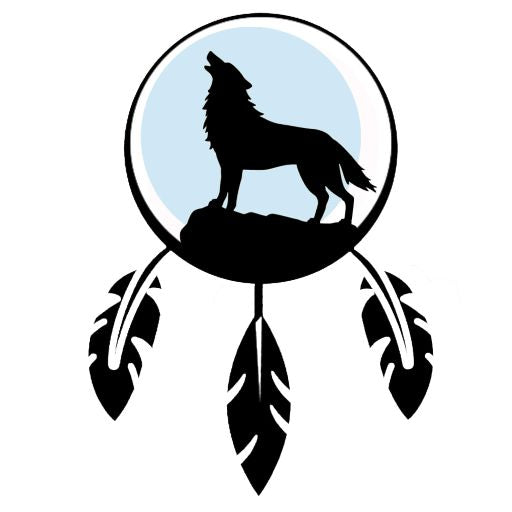What is the meaning of the wolf in indigenous cultures?

The wolf is an emblematic animal that plays a vital role in the beliefs and traditions of Indigenous peoples in North America and elsewhere. Often associated with family, loyalty, and intelligence, the wolf embodies values that strengthen community and spiritual bonds.
A symbol of loyalty and family
In many cultures, the wolf is seen as a symbol of loyalty and family unity. It lives in a pack, where each member has a specific role to play. This social structure highlights the importance of teamwork, cooperation, and protecting group members. Stories and legends often emphasize the idea that strength comes from unity and solidarity.

The wisdom of the wolf
The wolf is also considered a wise being. Its instinctive and intelligent behavior is often used to teach lessons about survival and adaptation. Indigenous peoples often see the wolf as a spiritual guide, offering teachings about nature, relationships, and respecting the cycles of life.
Symbolism in myths and legends
In Indigenous myths, the wolf plays a significant role, often as a central character in stories that highlight bravery, cunning, and intelligence. Sometimes, it is portrayed as a hero who overcomes challenges, demonstrating the importance of wisdom and determination in life. These narratives serve as models for community and personal values.
The importance of the wolf in art and culture
The wolf is a source of inspiration in Indigenous art, appearing in sculptures, paintings, and textiles. These representations celebrate its strength and beauty while conveying stories and traditions. Artists often use the wolf to evoke themes of respect for nature and deep spiritual connections with the animal world.
Conclusion
The wolf remains a powerful symbol in Indigenous cultures. Its significance extends beyond its physical existence; it embodies values of loyalty, wisdom, and unity that are essential to the spiritual life of these communities. By honoring the wolf, we acknowledge the importance of these lessons for living in harmony with nature and other living beings.
Sources and References :
- Exploring Indigenous Animal Symbolism: Myths & Meanings - Native Tribe Info .
- The Spiritual Significance Of Native American Animal Symbolism - Richard Alois .
